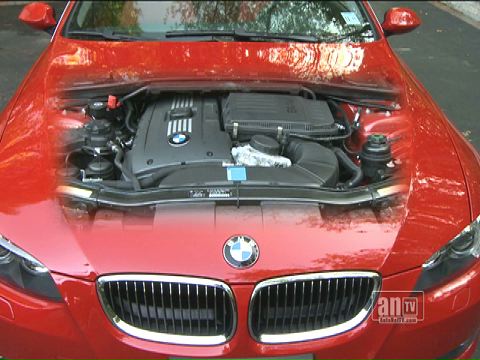The Curious Case of Wife’s Uncertainty

About 2 months ago, my wife’s car’s odometer finished its slow crawl to the 30,000 mile mark. Her oil change place, looking to capitalize on preventive maintenance, brought the milestone to her attention and provided her with a list of services that “should” be done at 30,000 miles. The total? $1,250 dollars!
Lucky for me, she brought the list home and asked if we should do the services now or wait a couple more months. That’s when she asked me the question that stays with me today when I work with my clients: “I don’t even know what most of these things are.” she said. “Like differential service . . . what’s that?”
I decided to see just what the list looked like through her eyes, so I read down the items, asking her what she knew about each of the services they wanted her to get done. She didn’t know what any of them really were or why they were being recommended. Many of them she could guess at based on the name; like, “What’s engine oil de-sludge service?” My wife’s reply, “Well duh, that’s when they take the sludge out of the engine oil.” So I say, “Ok smarty pants, what does engine sludge do and why would you want it out of your engine?” My wife’s reply, “Ummm, it’s messy and no-one likes a mess?”
While I agree that no one likes a mess, she clearly didn’t have any idea what they were asking her to pay all that money for. That uncertainty led her to seek out advice and that advice ended up undermining her trust in her service place.
Some of my clients would argue that the service advisor in this case didn’t do his/her job and that if my wife left uncertain about what was being recommended then she should have asked questions. My thinking is a little different. I see my clients spending large portions of their budget on the correct tools for their technicians, which is easy for them to justify. They say, “If my team members have the right tools, they do their jobs more efficiently. I turn over cars faster and make more money. It’s worth the investment.”
AutoNetTV makes tools. Not for the technician, but for the service advisor. Sadly, most service advisors do their jobs every day without the tools they need to be efficient. If the repair bays/technicians are the engine of a shop, then service advisor is the gas. Without a steady supply of gas, it doesn’t matter how big or well-equipped the engine is; you are not going anywhere.
I’d challenge any service center owner or manager reading this to ask yourself, “What do I actively do to prevent the kind of misunderstandings and lack of information my wife experienced?” And, “What would it do to my bottom line to have more of my customers leave my shop fully understanding what I recommended and why?”
If your answers to those two questions are in line with “Not enough” and “I’d make more money”, then you need to contact us to see what we can do for your shop/service advisor. Your customers and your balance sheet will be glad that you did.
Jon Ellsworth is AutoNetTV’s Director of Operations
801-492-9900
